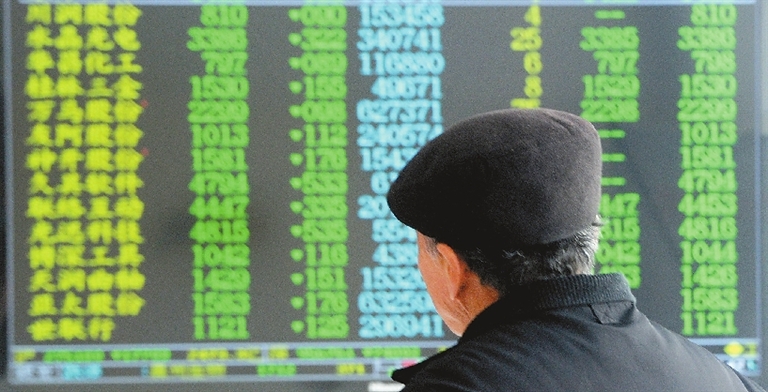
CHINA’S benchmark Shanghai Composite Index yesterday closed at the lowest level since 2014 as reports said that U.S. President Donald Trump would unveil new tariffs on US$200 billion in imported Chinese goods this week. The Shanghai gauge dropped 1.11 percent to 2,651.79, below its January 2016 closing low. Back then, officials had just introduced and then hastily scrapped a disastrous circuit-breaker program as they grappled with one of the market’s worst-ever routs. While it’s been a slower burn this time round, the steady losses show that sentiment toward Chinese equities hasn’t recovered from the 2015-2016 crash. Turnover is dwindling and some companies are finding themselves cut off from equity financing, forcing them to raise more debt. The benchmark index is heading for a fourth quarter of losses, its longest string of declines since 2008. Trade tensions with the United States are exacerbating investor concern. The Trump administration will follow through its proposed tariffs on US$200 billion worth of Chinese imports early this week after a public comment period concluded early this month. CNBC said in a tweet, citing a senior administration official, that the announcement might come today or tomorrow. “It’s hard to buy Chinese stocks even if they sell down” given the trade tensions and weak company fundamentals, said Toshihiko Takamoto, a Singapore-based money manager at Asset Management One. “Even if the valuation gets cheaper, there’s a reason for that. It’s hard to find factors that would spark a sharp rebound.” This year’s hefty declines ends a period of relative stability for the stock market that began with the appointment of Liu Shiyu as the top securities regulator in early 2016 after his predecessor Xiao Gang was blamed for the crash. Under Liu, the stock index climbed 32 percent from the end of February 2016 though its high in January this year. (SD-Agencies) | 
